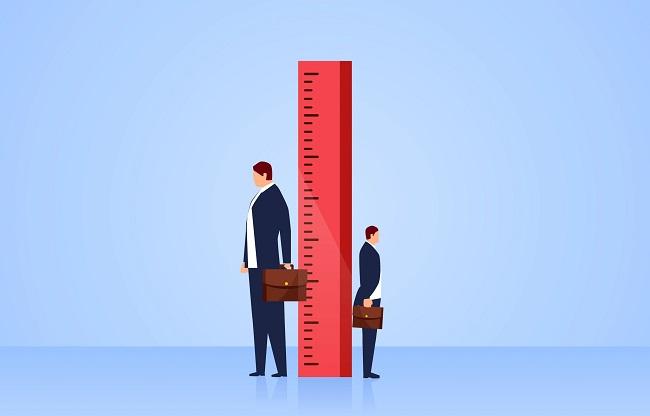The neoclassical understanding of economics is the main source of the contemporary definition of elements of production which is the resources required to produce an item or service. These factors consist of capital, labor, land, and entrepreneurship today.
You see, most economists first took labor into account, but soon, they also took land and money into account. Since entrepreneurship was previously included with money, it is a recent addition to the list.
In a society, the wealthiest people are frequently those in control of the factors of production. In a capitalist economy, investors and business owners often control the factors of production.

The government has more power over the factors of production in socialist economies. So, let’s look into these major factors and see what production-related aspect may affect your business.
Read on!
Land As a Factor
The term “land” refers to a wide range of factors of production, including commercial real estate, agricultural land, and the resources that are extracted from a specific plot of land. Removing and refining natural resources from the soil for human use, such as gold and oil, is possible.
Farmers cultivating crops on their land boost the crop’s utility and worth and their property can be monitored using wealth management apps such as the Prillionaires app.
Land was the source of economic value, according to an early school of French economists known as “the physiocrats,” who worked before the classical political economists.
Although land is a necessary component of most ventures, the industry determines how important land is. For instance, a Technological startup can invest money in real estate to start up in the founder’s house. On the other hand, land is the most significant investment for a real estate venture.
Labor As a Factor
A person’s effort to get a good or service onto the market is referred to as labor. Again, it can manifest in different ways. Labor includes, for instance, the construction worker at a hotel site, the waiter serving guests, and the hotel receptionist enrolling them.
The work developers and project managers perform to create the finished product is called labor in the Software business. Labor includes even the work of an artist who creates art, be it a symphony or a painting.
According to early political economists, labor was the main source of economic value. Production workers received remuneration based on their skill level and training in exchange for their time and labor.

Capital As a Factor
In economics, Money is usually referred to as capital. Nevertheless, as money does not directly contribute to the production of a thing or service, it is not regarded as a capital factor of production.
Rather, it makes it easier to purchase items like capital goods that are regarded as capital. The things that enable a person or business to produce goods and services are known as capital goods.
Capital goods include, for instance, the gear used in factories, the computers used by tech companies, and the instruments used by musicians. According to contemporary mainstream (neoclassical) economists, capital primarily determines value.
Entrepreneurship As a Factor
The hidden ingredient that brings together all the other components of production to create a good or service for the consumer market is entrepreneurship. The development of the massive social media platform Meta (META), formerly known as Facebook, is an illustration of entrepreneurship.
Read Also:
- How To Make Metal in Little Alchemy
- How To Make Tree in Little Alchemy 2
- How To Make Sushi in Little Alchemy 2
- How To Make Human in Little Alchemy 2
Summing it Up
Depending on the situation, certain production-related aspects may be more significant than others. For instance, labor is the most valuable factor of production for a software corporation that depends mostly on the labor of highly experienced software developers.
On the other hand, a Business that develops and leases office space for profit would consider capital and land to be its most significant assets. The relative importance of the factors of production will vary throughout time in tandem with a business’s changing demands.


















































